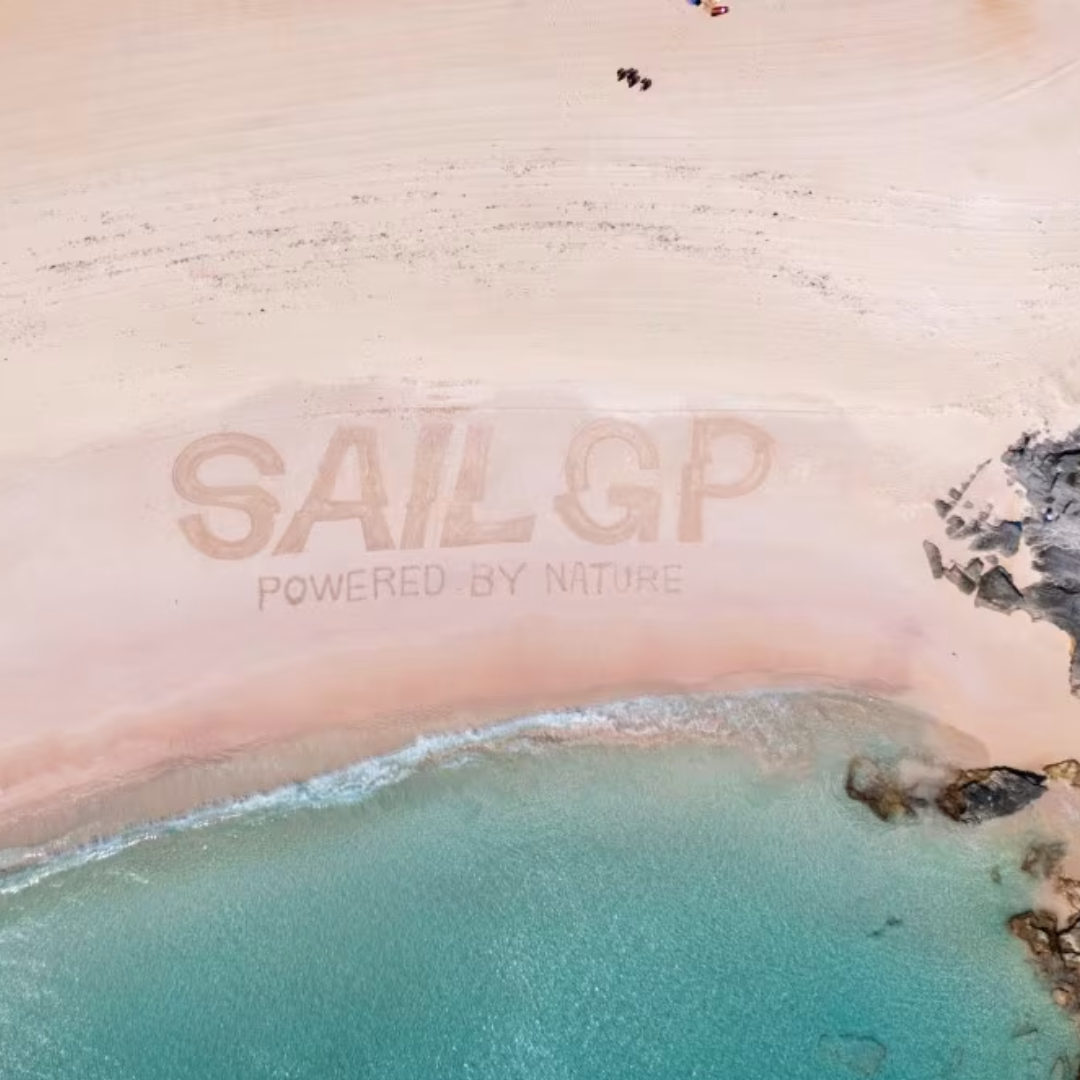Leading with the Land: Kenya’s Climate Leadership
By Madeleine Garlick, Africa Director at One Carbon World
 Watch Video
Watch Video.png)
On my first visit to Kenya in 2005, Nairobi was a much sleepier place. Traffic was not such a menace for residents, and leaving the city to go up-country towards Nakuru involved significantly dicier roads than it does nowadays.
Modern Kenya is hustling, growing and thriving. Sushi bars carry prime produce brought up to the Highland City from the coast (and beyond) every day. With this growth comes the challenge that faces all growing nations: securing energy and natural resources.
Kenyans of all walks of life aren't shy about sharing their views with you on the current state of politics in their country. To me, this is a sign of a healthy, growing democratic culture. Kenya’s political situation and its role in the troubled region have dominated my recent career years, particularly while working on South Sudan, Sudan, and Ethiopia. However, as a foreigner visiting the country once again, this time with a dedicated focus on understanding Kenya's climate policy and potential, I left feeling very hopeful.
My last visit to Kenya was as part of a Ministerial delegation to the Inaugural Africa Climate Summit (ACS) in 2023, an event spearheaded by the African Union and President H.E. William Ruto, at a time when the African climate voice was not being heard sufficiently. The ACS brought together stakeholders from across the continent, including businesses, NGOS, CSOs, governments, and international organisations, to define a distinctly African perspective on the state of play regarding global climate change. The ACS added to the general bustle and hustle of Nairobi for three days with some electric activist energy! It was here that I met some truly inspiring young people, among them Alphonce Munyao Muia and Joseph Nguthiru, who spoke passionately and enthusiastically about their commitment to tackling climate issues in Kenya and Africa.
Taking a step back, Kenya is in a pretty admirable position. Approximately 88-90% of their power comes from the grid, sourced from renewable sources. This fortuitous situation is not by chance: Kenyans' savvy investment in geothermal energy early on gave them a strong basis for a renewable-based grid. Their abundant natural resources have also contributed to this, with energy from wind and hydro being part of this impressive renewable energy picture.
Kenya's natural abundance is also a key vulnerability. They are heavily exposed to climate-related shocks, with a large part of the country as arid and semi-arid, and prone to droughts. Their economic growth is also heavily dependent on land use. Agriculture, which contributes 22 per cent of GDP, employs over 40 per cent of the population and accounts for more than 65 per cent of exports. Emissions from this sector have been increasing.
However, Kenya has ambitious plans, placing its vast land and natural resources at the heart of its NDC (mitigation) commitments. Last week, Kenya launched its Second NDC, which sustains momentum. Kenya's First NDC contains a target to increase forest cover by 10% by 2030. Afforestation and reforestation, and sustainable agriculture are sectors where momentum is sustained for mitigation action in the new Second NDC. And in a hugely positive step, Kenya is at the forefront of designing a national compliance and voluntary carbon market system, which complements their NDC. This will be key to unlocking the land sector's potential and generating alternative revenue streams to channel back into supporting community-led climate action.
Kenya's Climate Change Act (and associated carbon markets legislation), brought into force last year, has established a predictable national system for actors like One Carbon World to engage correctly. We welcome the certainty that such regulation provides for the private (and non-profit) sector to operate within.
But it’s early days, and implementation will be the proof of the pudding. There are some elements of the regime that require further articulation, and one of the drivers behind my visit to Kenya is to engage closely with government stakeholders to understand the direction of travel for the evolution of markets.
I hope to meet representatives from the Kenyan Government to understand what's next after their Second NDC publication. We are grateful for the openness shown towards high-integrity organisations like ours, who want to work together with communities and businesses to unlock the potential of the carbon market in Kenya. The Kenyan government are also rightly focused on ensuring that the value of the carbon inherent in their natural resources remains predominantly in Kenya with Kenyans. It’s also for this reason that OCW will prioritise working with Kenyan institutions and experts: the endogenous human capital we have found in Kenya is phenomenal. Shout out to the Wangari Maathai Institute at the University of Nairobi for their continued advice and guidance!
An area where further work must be done is the harmonisation of the various African national carbon market regimes. It will not yield a favourable outcome if each country develops a distinctly unique set of regulations and approaches without a broader understanding of what others are doing in this space. This will make it difficult for businesses to invest at scale and apply lessons learned, a barrier to replicating successful projects across jurisdictions and thus a barrier to achieving the necessary scale we all want.
We need to find a karmic balance between our rightful rush towards solutions, given the climate emergency, and the Swahili phrase 'pole pole' (basically, as best I can translate, slow and steady wins the race).
Smart regulation and smart implementation, however, will stimulate innovation. We have already seen this thrive with our partners in the Agricultural sector in Kenya, including Sasini, Tambuzi, and Frigoken, who are innovating their business practices to maximise their climate action, benefiting both the bottom line and ensuring sustainable supply chains and markets for the future.
I can't wait to see more of what Kenya has to offer the world - its people, its expertise, and its climate action. OCW aims to be right alongside to support the people of Kenya in this challenging and fantastic journey.

Our Projects

Turning the Tides: How Sail GP is Redefining Climate Leadership in Sports
.png)
Farming for the Future: Sasini's Journey to Net Zero






